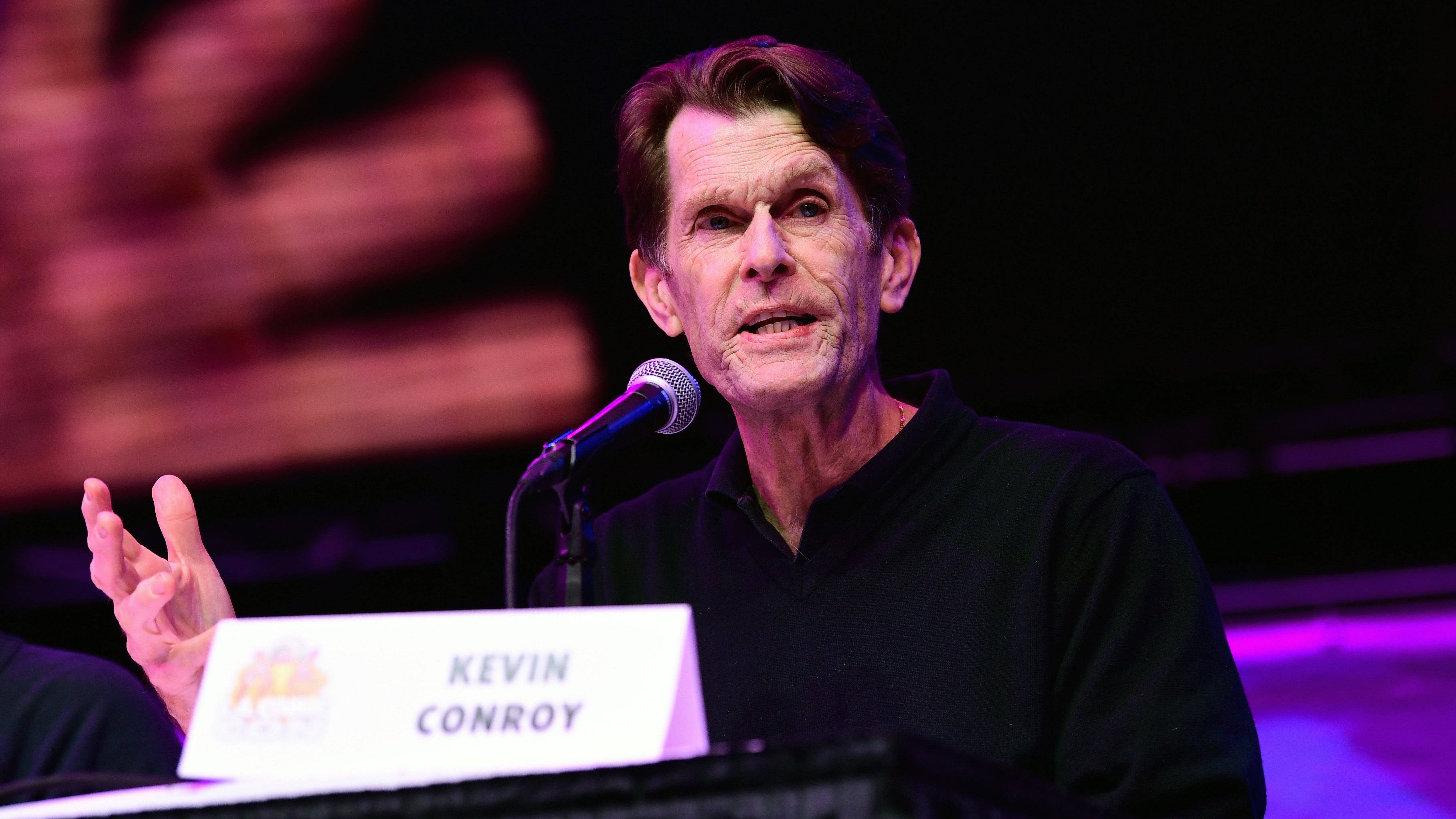U.S. gamers have been on a roller coaster of emotions this week, starting with the full reveal of the Nintendo Switch 2, only to be followed by dismay over its $450 price tag and the $80 cost for Mario Kart Tour. The situation took another unexpected turn when Nintendo announced a delay in pre-orders, citing the need to assess the impact of the Trump Administration's sweeping tariffs on global trade.
We've previously explored the reasons behind the high cost of the Nintendo Switch 2 and the potential effects of these tariffs on the gaming industry as a whole. Now, the burning question on everyone's mind is: what will Nintendo do next? Will the Nintendo Switch 2's price increase when pre-orders finally open?
Typically, when it comes to predicting the future of video games, I consult with a panel of expert industry analysts. While they can't predict the future with certainty, they usually provide a consensus backed by data and evidence. I've already done this twice this week. However, this time, every analyst I spoke with was stumped, offering guesses that were heavily caveated due to the unprecedented and fast-moving nature of the situation. No one can accurately predict what Nintendo, the Trump Administration, or anyone else will do in the coming days, weeks, or months.
With that in mind, here's what the analysts I spoke with had to say:
Sky-High Switch
The analysts were split on whether Nintendo would raise prices. Dr. Serkan Toto, CEO of Kantan Games, initially thought it was too late for Nintendo to increase prices after announcing them. However, the delay has changed his perspective, suggesting that Nintendo might have no choice but to raise prices for the system, games, and accessories. He predicts that the base model of the Switch 2 could reach $500, given the current tariff situation. Toto also questioned Nintendo's decision not to wait for U.S. tariff resolutions before announcing pricing.
Mat Piscatella, senior analyst at Circana, echoed the sentiment that the tariffs were unexpected and unprecedented. He believes that businesses relying on international supply chains, like Nintendo, will need to reevaluate their U.S. consumer pricing. Piscatella suggests that the U.S. might see higher video game prices, aligning with other regions globally.
Manu Rosier, director of market analysis at Newzoo, agrees that hardware prices are likely to increase due to tariffs, although he believes digital distribution might mitigate the impact on software prices. He argues that companies like Nintendo are unlikely to absorb the additional costs, which would likely be passed on to consumers.
Holding the Line
On the other side, Joost van Dreunen, NYU Stern professor and author of SuperJoost Playlist, believes that Nintendo will try to avoid a price increase on the Switch 2. He suggests that the $449.99 price already accounts for potential tariff impacts, given Nintendo's restructuring of its supply chain to mitigate geopolitical risks. However, he acknowledges the uncertainty caused by the tariffs, particularly those affecting Vietnam, and notes that Nintendo might need to reassess if the trade situation worsens.
Piers Harding-Rolls, games researcher at Ampere Analysis, agrees that Nintendo faces a dilemma after announcing the launch price. He suggests that Nintendo will try to maintain the announced price until at least 2026, hoping for a resolution to the tariff issue. However, he notes that any price change could impact the brand and consumer perception, especially during the crucial first holiday season.
Living in Unhinged Times
Rhys Elliott, games analyst at Alinea Analytics, predicts higher prices for both Nintendo hardware and software due to the tariffs. He points to Nintendo's strategy of offering cheaper digital editions in certain markets to encourage digital purchases. Elliott also warns of broader negative impacts on the gaming industry and the U.S. economy, suggesting that the tariffs will lead to a "weaker, poorer nation" with consumers ultimately bearing the cost.
Elliott criticizes the tariffs as detrimental to U.S. consumers and the gaming industry, arguing that they go against core economic principles of international trade. He emphasizes the logistical challenges of moving supply chains and the unpredictable nature of current U.S. trade policies.
Nintendo Switch 2 System and Accessories Gallery
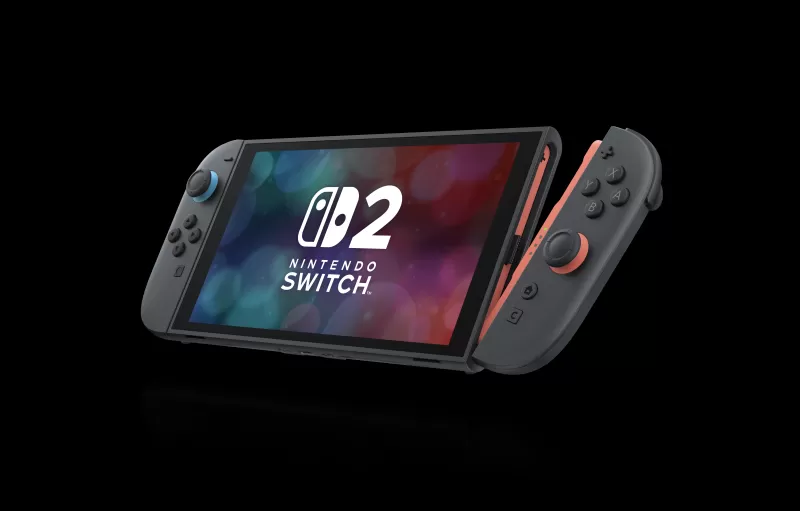
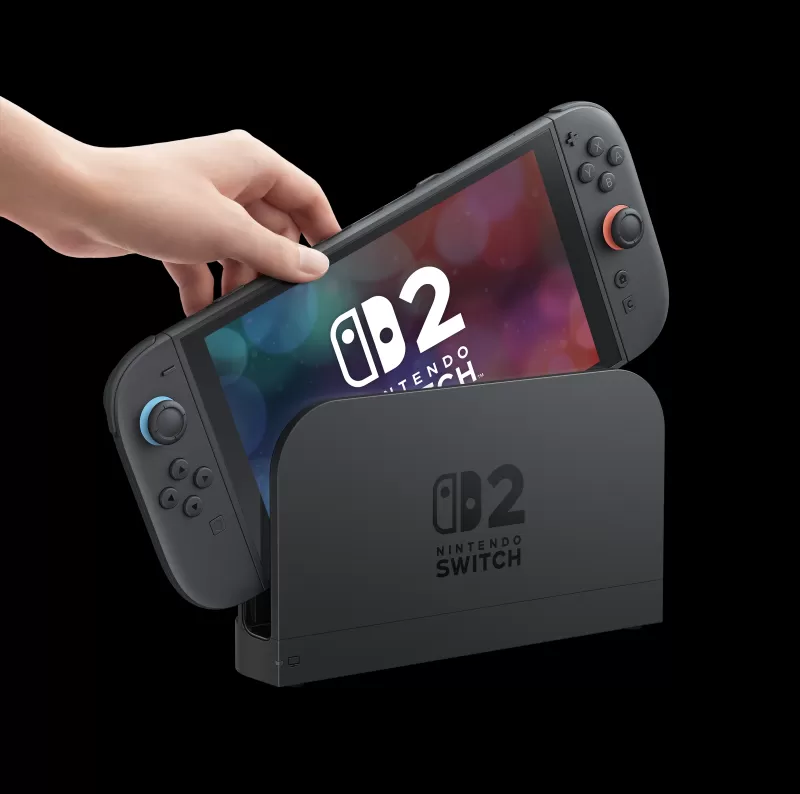 91 Images
91 Images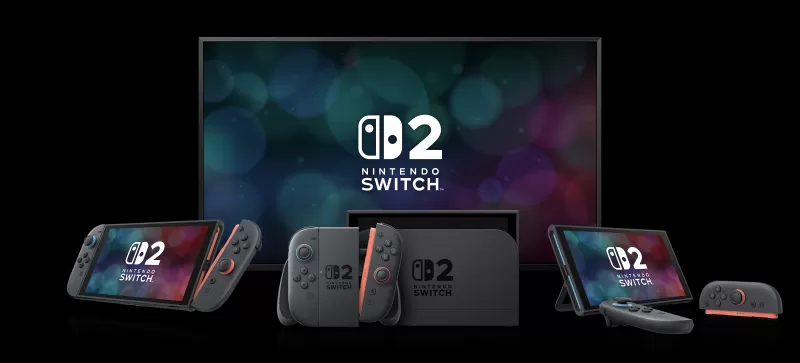
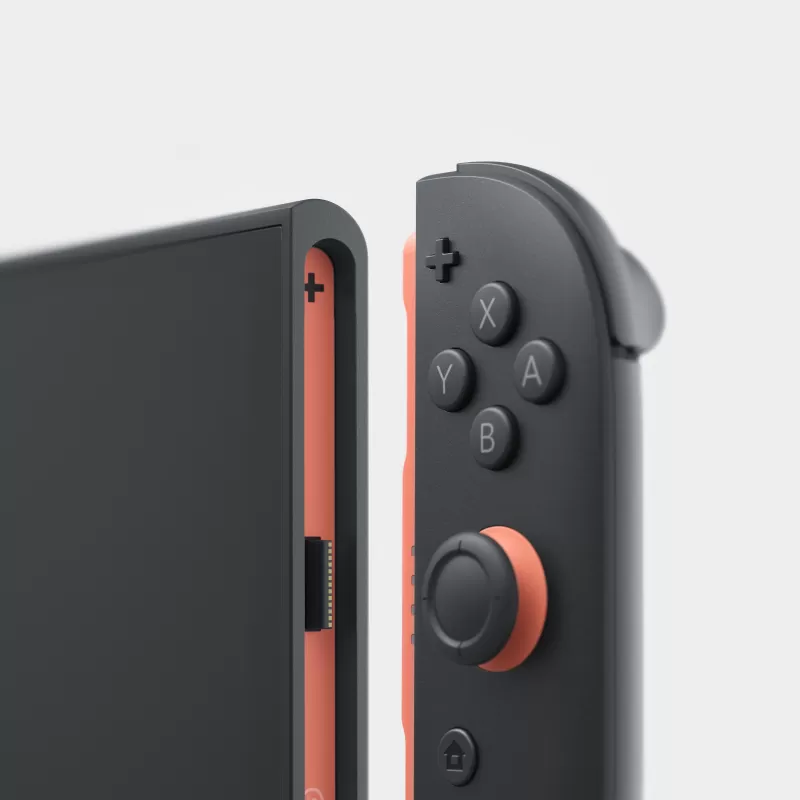
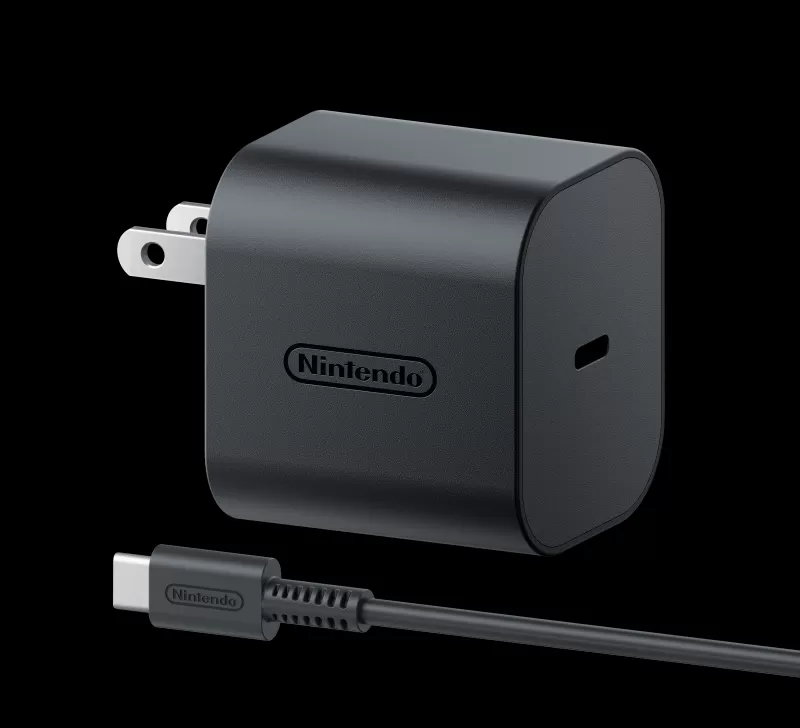
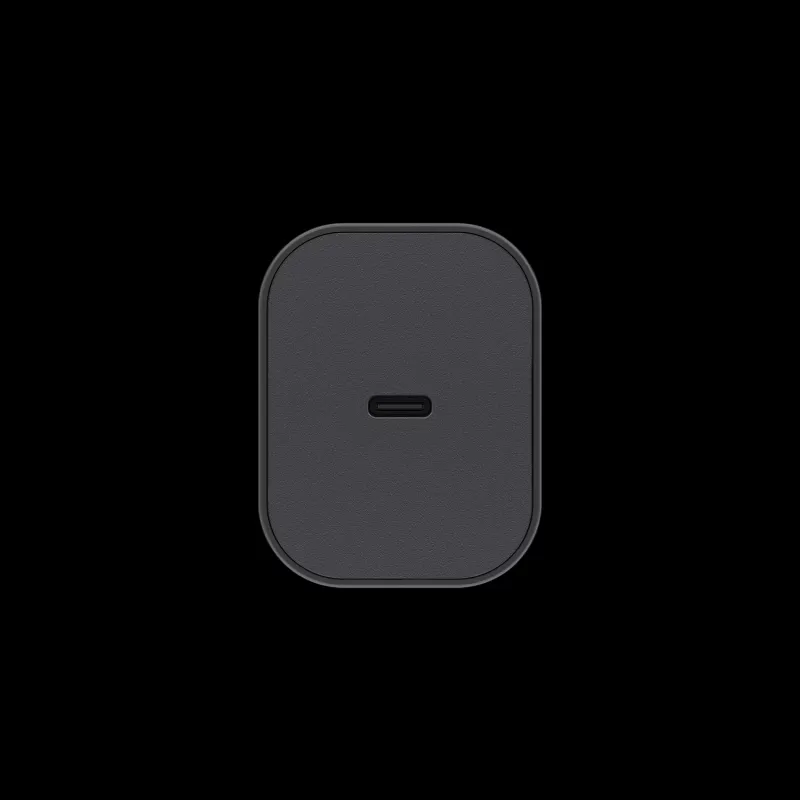


 91 Images
91 Images



 LATEST ARTICLES
LATEST ARTICLES 

